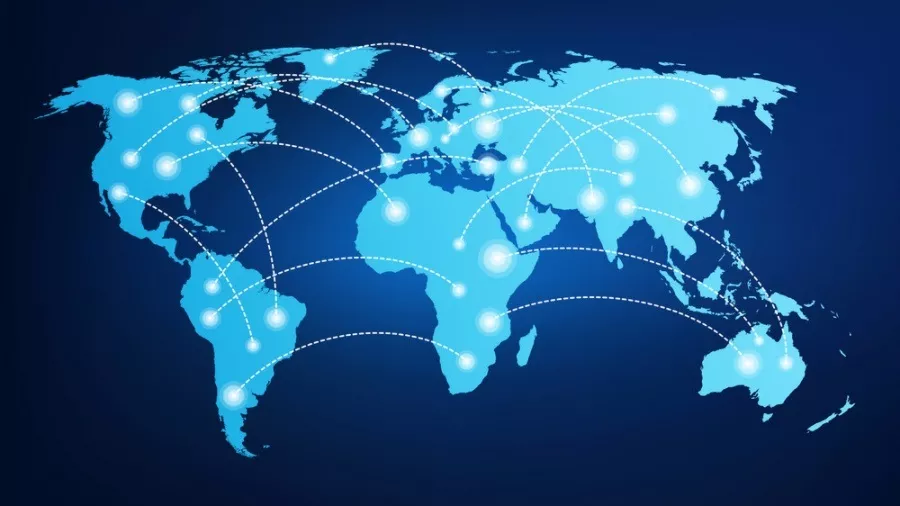This Tool Stops Your Data From Passing Through Surveillance-Happy Countries

Many of us already know that the internet traffic passes through different countries before reaching its destination. But did you know that while it does so, the internet data becomes subject to the domestic laws of the country it’s passing and activities such as online surveillance and censorship laws?
Well, it does and has become a real concern for many internet users.
So, the researchers at Princeton have designed a new tool that helps users to prevent their data passing through a particular country. It is has been termed as RAN (Region-Aware Networking).
First, they examined the traffic to 100 most popular websites (as per Alexa rankings) in various countries and found that a large portion of internet routing paths from Brazil, India, and Kenya passes through the United States or Europe. So they applied Region Aware Networking on it and found it to be more successful in avoiding some countries than others.
Brazil showed 84% dependence on traffic transiting the United States whereas a major fraction of traffic from Kenya, India and the Netherlands passed through Britain. While Singapore is a frequent stop for traffic from India, Kenya’s traffic commonly pass through Mauritius and South Africa.
So how does RAN work?
RAN simply allows users to reroute their internet traffic from other intermediate points to avoid going through a particular country. To test this tool, the researchers set up a network of relays in 10 different countries and a mechanism to forward internet traffic through these relays.
Next, they measured the system’s ability to prevent the routing of traffic from 5 countries (selected for the test) through other countries. While the results were impressive, they weren’t 100% effective.
In the above experiment, they found that several popular websites are hosted on servers located in the United States or Europe which made it difficult to avoid them.
They also evaluated the instances of “tromboning” — the paths that start and end in the same country but travel through another country in between. Nearly 13% of paths from Brazil were tromboning through the US and other countries like Spain, Italy, and Canada.
An Internet Bound By Laws
After the 2013 revelations of U.S. government surveillance, several countries are now working to reduce their dependence on U.S. communications infrastructure. From the construction of underwater cables to developing a large ecosystem of internet exchange points to facilitate better in-country networks, several measures are being taken right now.
Working on RAN’s development will continue for now, and as the laws get a tighter grip on the internet in future, this tool could prove beneficial for internet users who are concerned with privacy.
Also Read: A New “Tesla Mini Car” Is In Pipeline; Tweets Elon Musk






